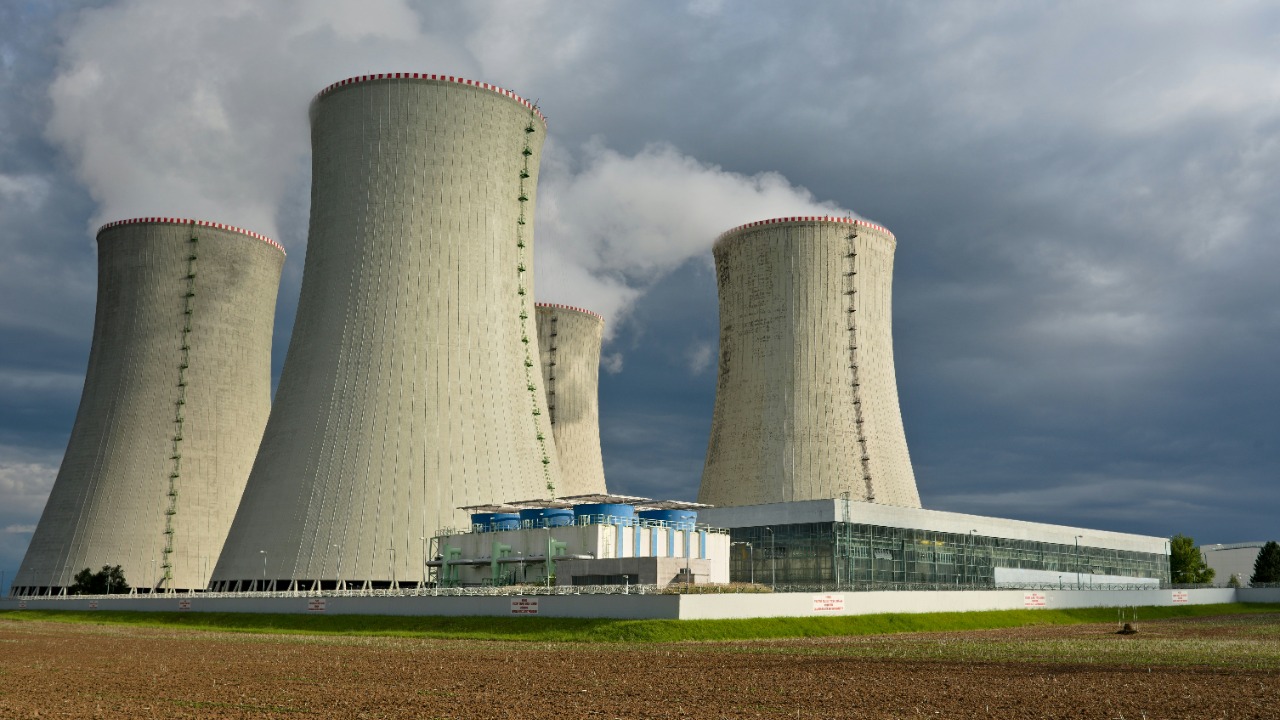
The Trump Administration has initiated a controversial program to provide weapons-grade plutonium to Sam Altman, CEO of OpenAI and an investor in the nuclear startup Oklo. This initiative aims to support the development of advanced nuclear energy technologies by granting access to plutonium, a material traditionally reserved for national security. This decision marks a significant shift in U.S. policy, highlighting the growing intersection between private technology ventures and government-controlled nuclear resources. The arrangement, which has been detailed in recent reports, underscores a broader strategy to commercialize sensitive nuclear materials for energy innovation.
Background on the Plutonium Transfer
The Trump Administration’s decision to allow nuclear energy companies access to weapons-grade plutonium represents a significant policy shift. This material, known for its high enrichment levels, is typically associated with military applications. However, the administration has reclassified it for civilian use, aiming to spur innovation in nuclear energy. The specific quantities and handling protocols for this transfer are tightly controlled, ensuring that the material is used solely for energy development purposes. This initiative is part of a broader effort to achieve energy independence by leveraging advanced nuclear technologies.
Sam Altman, through his investment in Oklo, plays a pivotal role in this initiative. Oklo is positioned to receive the plutonium to develop small modular reactors, which are seen as a promising avenue for clean and efficient energy production. The timeline for this initiative traces back to announcements made in late October 2025, aligning with the U.S. government’s goals of enhancing energy security and reducing reliance on fossil fuels. By integrating plutonium into their reactor designs, Oklo aims to demonstrate the viability of these advanced systems in the commercial energy sector.
Key Players and Their Motivations
The Department of Energy officials under the Trump Administration are at the forefront of this plutonium release. Their rationale for declassifying the material for civilian use is rooted in the belief that private sector innovation can accelerate the development of next-generation nuclear technologies. By providing access to weapons-grade plutonium, the administration hopes to catalyze breakthroughs that could transform the energy landscape.
Sam Altman’s involvement is driven by his dual roles as a tech leader and an investor in nuclear energy. As the CEO of OpenAI, Altman is known for his forward-thinking approach to technology. His strategic investment in Oklo reflects a commitment to advancing AI-powered nuclear technologies, which could revolutionize how energy is produced and consumed. Oklo, selected for this program, plans to utilize the plutonium in its fast-fission reactor designs, which promise to deliver efficient and sustainable energy solutions.
Technical and Security Implications
The provision of weapons-grade plutonium to private entities like Oklo raises significant technical and security considerations. This material, characterized by its high enrichment levels, is suitable for both energy production and potential military applications. As such, stringent federal oversight measures are in place to prevent proliferation risks and ensure that the plutonium is used exclusively for peaceful purposes.
Security concerns are paramount, given the sensitive nature of the material. The program includes comprehensive guidelines for environmental and safety standards, ensuring that the plutonium is handled responsibly in commercial settings. These measures are designed to mitigate any potential risks associated with the transfer and use of such a potent nuclear material. The initiative’s success hinges on maintaining rigorous oversight and adherence to these standards.
Reactions and Future Outlook
The Trump Administration’s decision to provide weapons-grade plutonium to private companies has elicited mixed reactions from nuclear industry experts and policymakers. Some view it as a bold step toward accelerating innovation in the energy sector, while others express concerns about the potential risks associated with expanding private sector access to such sensitive materials. The debate centers on balancing the need for energy advancement with the imperative of maintaining national security.
For Sam Altman, the integration of nuclear power with AI data centers represents a significant opportunity to enhance the efficiency and sustainability of his broader tech ecosystem. By leveraging advanced nuclear technologies, Altman aims to create a more resilient and environmentally friendly energy infrastructure. The program’s framework, established in October 2025, sets the stage for potential expansion to other nuclear energy companies, paving the way for a new era of innovation in the field.
As the initiative progresses, its impact on the nuclear energy landscape will be closely monitored. The success of this program could serve as a model for future collaborations between the government and private sector, driving advancements in clean energy technologies. However, the challenges associated with managing and securing weapons-grade plutonium remain a critical consideration, underscoring the need for continued vigilance and oversight.
For more information, you can read the full reports on Futurism and Financial Times.
More from MorningOverview